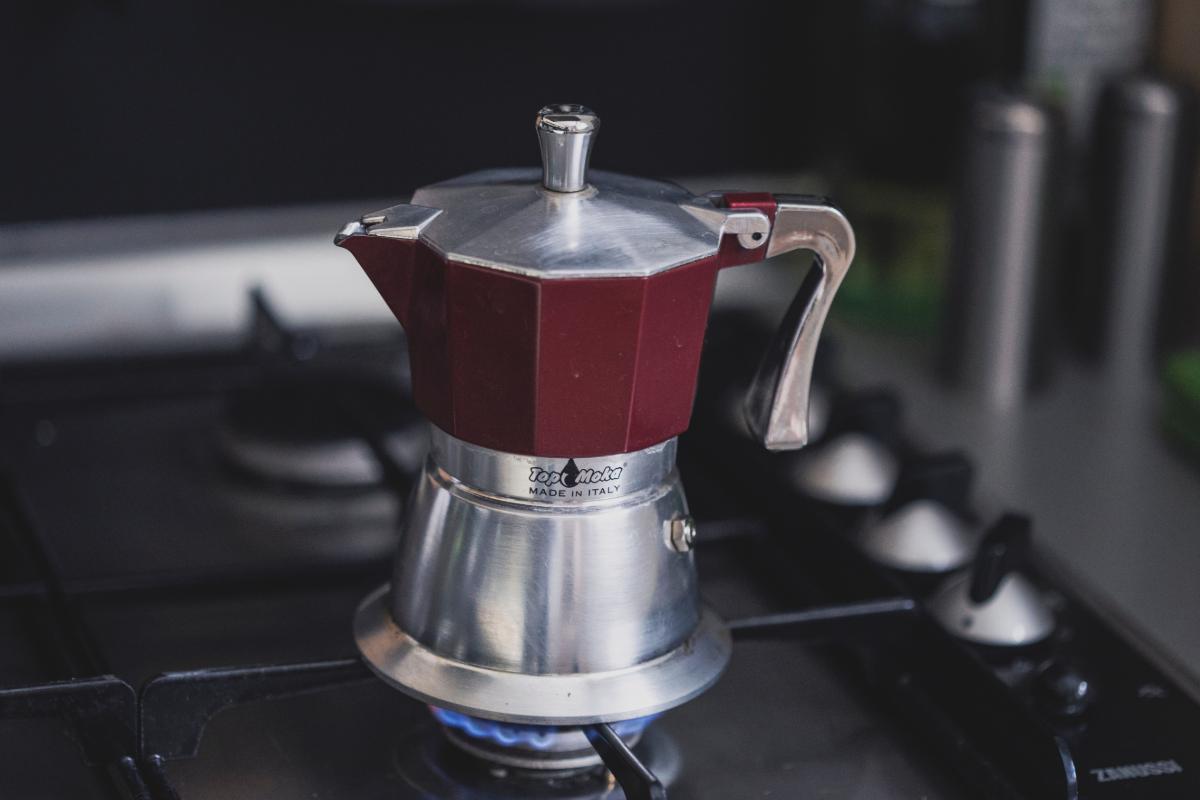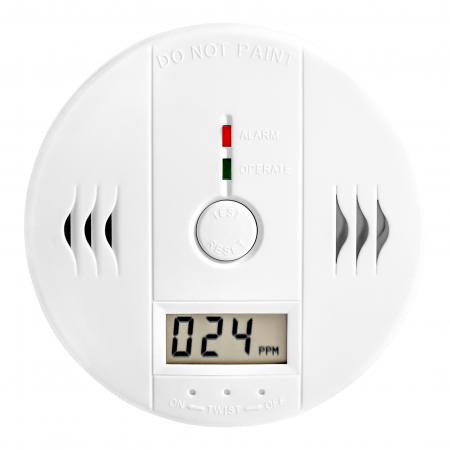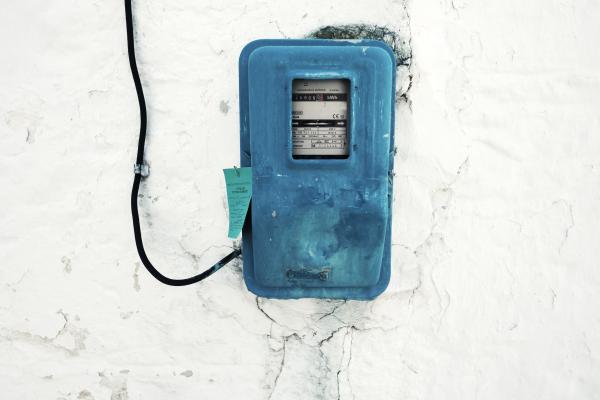
Safety is an important aspect within the rental property world - or in general. Ensuring the property is safe for habitation is at the very core of the rental business, which is why certificates are needed to stay compliant.
Gas safety is one of the key aspects, where landlords are required by law to obtain a gas safety certificate and provide it to tenants. In this article, we will have a look at what a gas safety certificate is and what tenants’ responsibilities are in that regards.
What is a Landlords Gas Safety Certificate?
Gas safety certificates are often referred to as CP12 certificates. CP12 is short for CORGI Proforma 12, which was named when CORGI was the main UK body for gas safety matters back in the days. Since 2010, Gas Safe Register has become the official registration body for gas safety.
A gas safety certificate must be provided to existing tenants within 28 days of their completion, and to new tenants before moving in. It is an official document that records all the results of the annual gas safety checks, with the supplement of records for any restorative action taken as a result of the checks. In other words, the certificate shows if the property meets the government’s requirements.
What is included in a Gas Safety Certificate?
The gas safety certificate should include:
The full name, signature and registration ID* of the gas engineer who performed the gas safety check
The address of the property being checked
The contact details of the landlord of the property, or an estate agent if applicable
The date of the inspection
The location and description of all gas appliances and flues
Any defects or irregularities found with the gas appliances
Any repairs that have been performed on the spot (during the check)
What repairs are still necessary to bring the appliances into functioning condition
When the appliance needs to be serviced again
Confirmation that all relevant safety checks have been carried out
*The law requires all working gas engineers to be registered into the Gas Safe Register. All work carried out by an engineer who is not part of the Gas Safe Register, their work is considered illegal. You can find out whether the engineer is qualified by asking for their Gas Safe Register ID.
What does the engineer do to check gas safety?
Each annual gas safety inspection will be carried out by a qualified gas safe engineer. They will check any equipment or appliance that uses gas. This includes gas supply, gas boiler, gas tubing, and any gas fires.
Apart from appliance checks, the inspection should also include the following:
Check the chimneys and flue flow. The engineer will likely use smoke pellets and trace how much of the smoke makes its way outside. If any returns to the origin, the flue is likely clogged and combustible products will need to be removed.
Check the gas connections and infrastructure. It’s important that the gas supply is delivering gas safely and directly to your gas appliances.
Check the ventilation and oxygen supply in the property.
Monitor standing and working gas pressure
Check every gas appliance, burner and gas pressures. The engineer will list the basic model and manufacturer information about each gas appliance. If anything is amiss, they should turn off and disconnect the appliance.
If there is a simple fix to the issue spotted during the checks, the engineer will usually try to repair the appliance on the spot. However, if serious repair is needed, they will insert repair and maintenance recommendations in the final report.
How often do landlords need to carry out a gas safety check?
It is a law requirement for landlords to repeat this gas inspection annually, as each certificate is only valid for 12 months. Without a valid gas safety certificate, the property cannot be rented out.
Letting a property without using gas safely is illegal and can be viewed as a criminal offence. Tenants could take court action for civil damages. The penalty for renting a property without a gas safety check includes a substantial fine up to £6000 and/or imprisonment for up to 6 months. For DIY landlords who are not using a high street agent, a gas safety check can be ordered online using online letting platform’s services.
What are tenants’ responsibilities regarding gas safety?
Landlords are responsible for obtaining the certificates annually. Meanwhile, tenants also bear responsibilities in the rental property.
As the active resident, it’s the tenant’s duty to monitor the state of the property and report to the landlord if something is wrong, including the gas systems. The tenant is required to understand the safety rules when dealing with gas and gas appliances. If the gas systems are not serviced or are serviced but not found safe for use, tenants should not be operating them. Also, gas appliances should not be used outside of their intended purposes.
If gas safety inspection is needed when an existing tenant is residing in the property, the tenant must allow property access for carrying out inspection and faulty gas repairs.
If there is a malfunction in a gas appliance, or there is another gas emergency, the tenant must execute the following action plan:
Shut down the appliance immediately
Open all doors and windows in the room, and property if possible
Shut down the gas supply at the main valve
Exit the property
Get in touch with the landlord and explain what happened in details
Do not underestimate minor issues or causes for concern. It is advised to look out for the signs of carbon monoxide (CO) poisoning, as it can affect a person’s health.
If these symptoms occur only at home, or in a room where gas appliances are located and used, it may be the case of CO poisoning. It is recommended to leave the property and take a walk. If the symptoms get better when the tenants are outside and worse at the property, it is a good indicator of carbon monoxide. The tenant should get tested for poisoning at the hospital.
It’s recommended for the landlord to install carbon monoxide alarms in rooms where gas is used. You can learn more about smoke detectors or other safety regulations on our blog, or on the government’s site.







